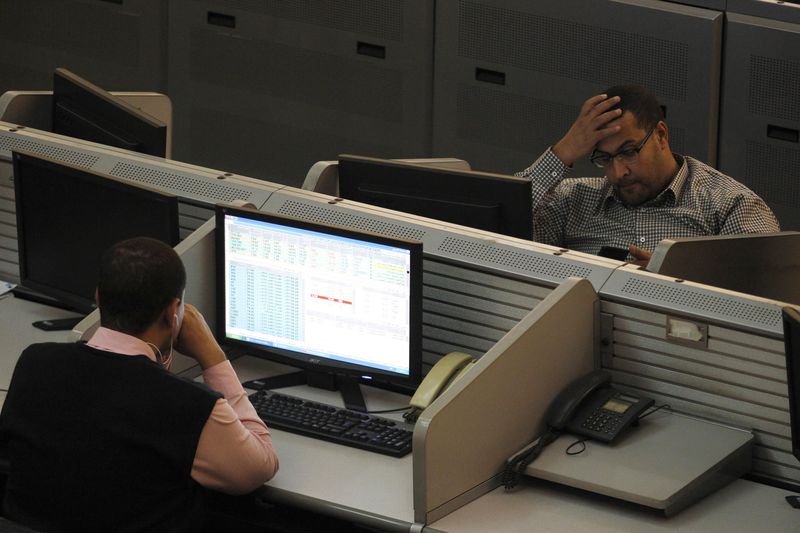Laura Matthews
NEW YORK (Reuters) – Some money managers are seeking to switch the currency in which their funds do business to the dollar to prevent their foreign exchange operations from collapsing when U.S. securities switch to a shorter settlement cycle this spring, currency manager experts say.
Last year, the U.S. Securities and Exchange Commission adopted a rule change that would make securities such as stocks settle one business day after trade, or T+1, instead of two, starting May 28. It is aimed at reducing market risk.
But the shift poses some challenges for foreign asset managers, who must exchange their local currencies for dollars to fund purchases and sales of U.S. securities, managers say.
Currency trades funding securities trades are currently cleared within two days, and investors must make changes to ensure these trades are not left out of CLS, the largest multi-currency settlement system for foreign exchange trades.
Managing funds in dollars can reduce the risk of late payments and bad trades because managers won’t have to convert their local currency into dollars more quickly, managers say.
“We have had cases where some clients with Asian currencies have changed the base currency in which they operate,” said Joe Hoffman, chief executive officer of Mesirow Currency Management. “So instead of working in your local currency, changing it to US dollars will provide some relief.”
The move shows how non-U.S. asset managers are trying to find a better solution to comply with the rule while avoiding introducing risk elsewhere in their business operations.
“Generally speaking, investment managers try to take a simpler approach, which is to change the operating currency to the US dollar. There are some thoughts about avoiding trading during market holidays, although this decision is a bigger hurdle to overcome,” said Natsumi Matsuba. , Head of Currency Trading and Portfolio Management at Russell Investments.
Matsuba said the small number of asset managers Russell works with around the world are in talks with their clients to see if they can change their base currencies.
Depositories such as BNY Mellon (NYSE:) are also looking at ways to give investors in Asia some reprieve, extending settlement deadlines for some of the region’s largest currencies by about two hours.
Ed McGann, global head of currency platform sales at BNY, told Reuters that the Australian dollar, Japanese yen and Singapore dollar are among the currencies being expanded.
“A later window would allow executions to continue on the same day,” McGann said.
At the request of overseas managers, CLS is exploring the possibility of changing the deadline for submitting instructions for next day foreign exchange transactions. An estimated $65 billion a day in currency transactions from asset managers could miss their deadlines.
Mark Bale de Jesse, CEO of CLS, said he does not foresee operational changes before the May deadline and that CLS continues to engage with the market to explore possible solutions to address the issues.
“In the meantime, execution and operational efficiency among asset managers and the fund community will be of paramount importance,” Bale de Jesse said in a statement to Reuters.


